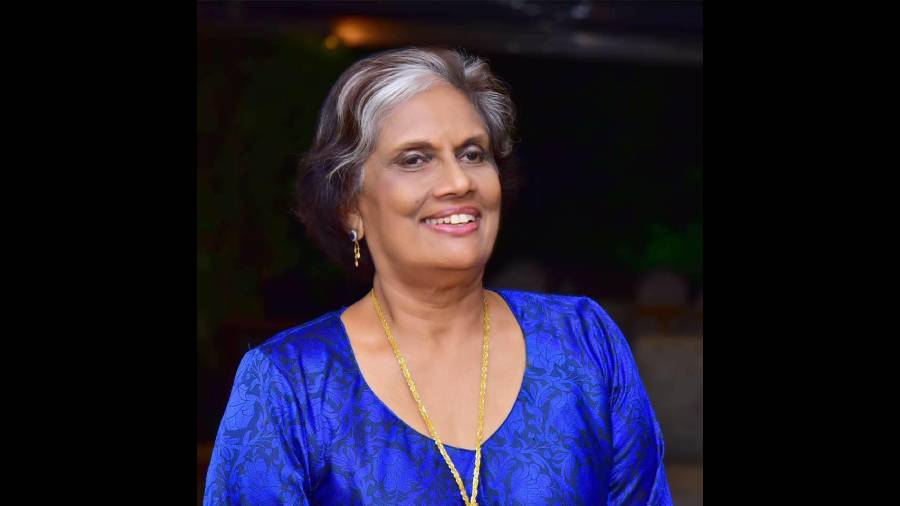Even by the blood-soaked standards of South Asian politics, few leaders in the region have watched its roller-coaster journey between dreams and despair, hope and horror, as closely as has Chandrika Kumaratunga, the former president of Sri Lanka. Last Sunday, she described her country as a failed State for its inability to truly integrate minority communities into the mainstream and to defend their rights. Like a seasoned stateswoman, Ms Kumaratunga, who lost her father and husband to assassinations and an eye to a suicide bombing, limited her observations to Sri Lanka, which gained independence from the British 75 years ago. But her comments should resonate across South Asia, from Pakistan to Bangladesh and, most importantly, in a country whose prime minister recently described it as the mother of democracy — India. At a time when Pakistan and Sri Lanka are beset by deep economic crises, Afghanistan is reliving a nightmare under the Taliban, and a combination of political, economic and social challenges is hobbling the development of the rest of South Asia, the region needs to introspect.
For while myriad factors dictate a nation’s fate, there are only some that are within the control of its leaders and society. First and foremost among those factors is the approach leaders adopt to nation-building. India’s leaders post-independence, especially the then prime minister, Jawaharlal Nehru, placed religious minorities at the centre of efforts to build a modern, united nation still recovering from the deep wounds of Partition. Those efforts were never perfect, and the ruling Congress often pandered to the politics of identity. Yet the idea of India was one where no one religion was to be seen as superior to others, and where minorities or communities that had been historically discriminated against were acknowledged as deserving of special empathy from the State. That approach has been brutally uprooted in the past decade, with Prime Minister Narendra Modi’s and his government’s steady but definite move towards making India a Hindu-first nation in practice, even if not constitutionally — yet.
It is against this backdrop that Ms Kumaratunga’s comments are particularly poignant. To be sure, her own family — especially when her mother, Sirimavo Bandaranaike, was prime minister in the 1970s — was guilty of adopting discriminatory policies targeting Tamils. But delayed reflection is better than none at all. Nor is Sri Lanka the only example for India to learn from. Pakistan’s never-ending decline into a sectarian State with little space for religious minorities, coupled with that country’s deep problems, should serve as a cautionary tale. Sadly, instead of drawing valuable lessons from the struggles of its neighbours, India at the moment appears desperate to repeat their mistakes.No nation can leap into modernity by deleting chunks of its past or denying the role that its minorities have played in shaping it. India has been warned — albeit inadvertently —by a well-wisher who speaks from experience. It must listen before it is too late.










